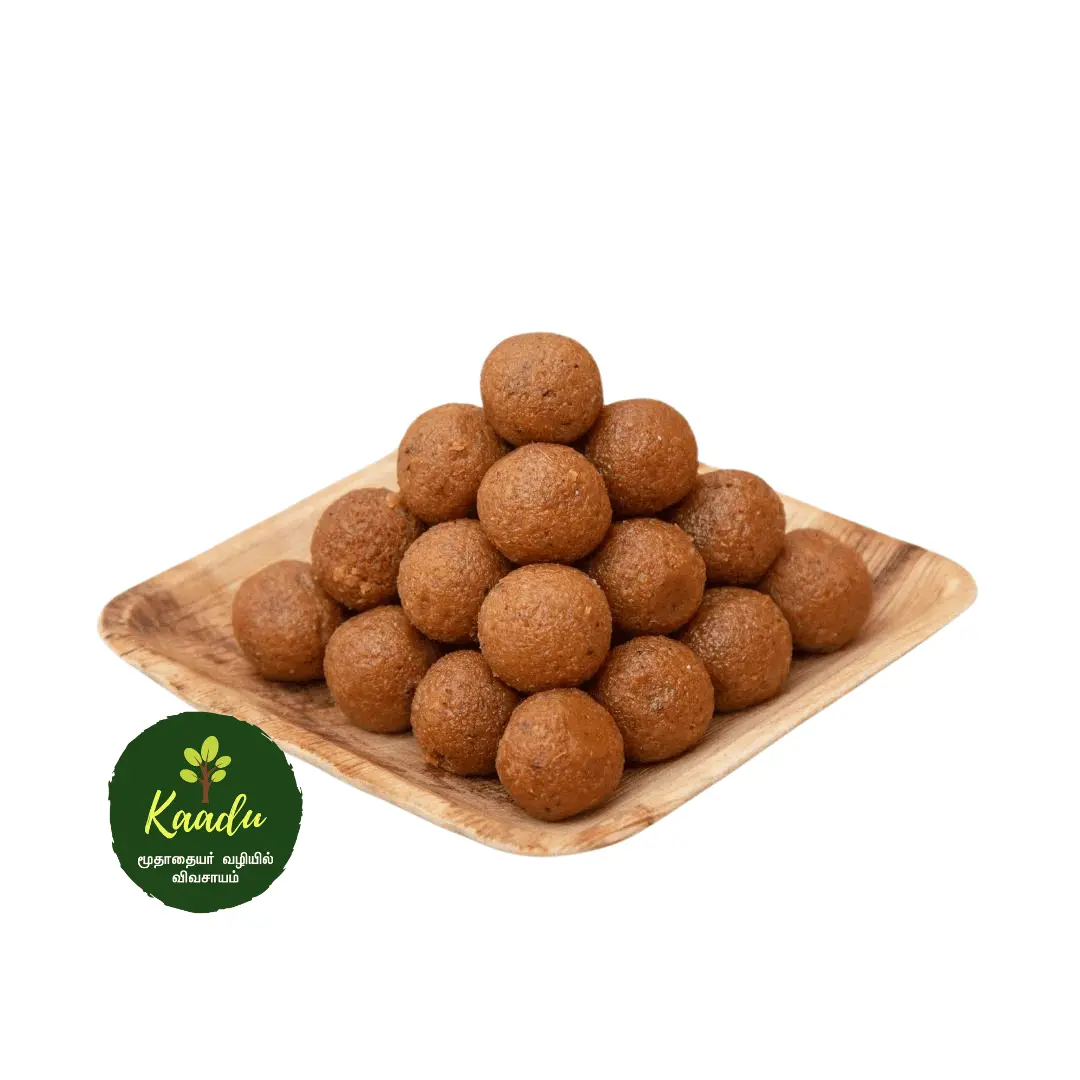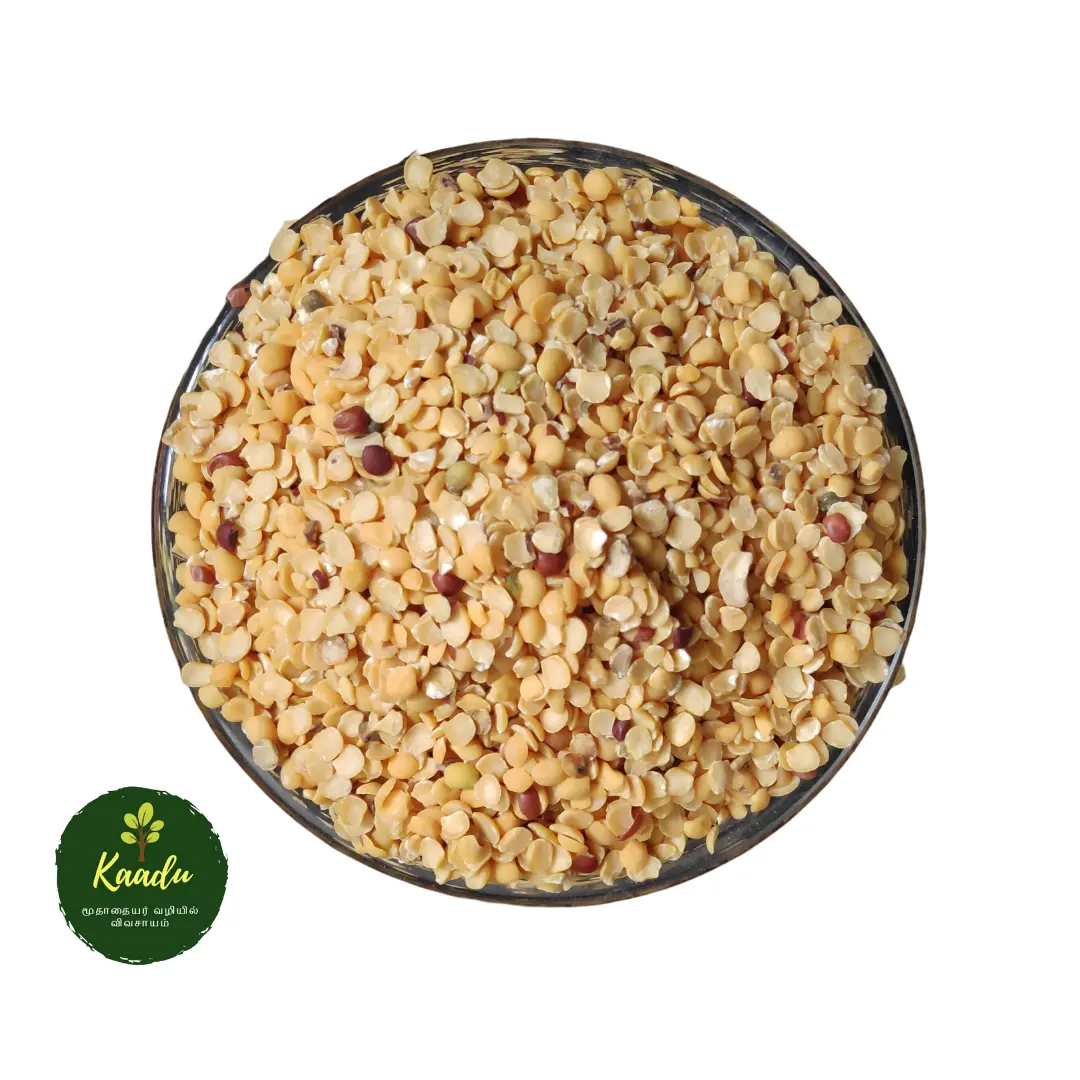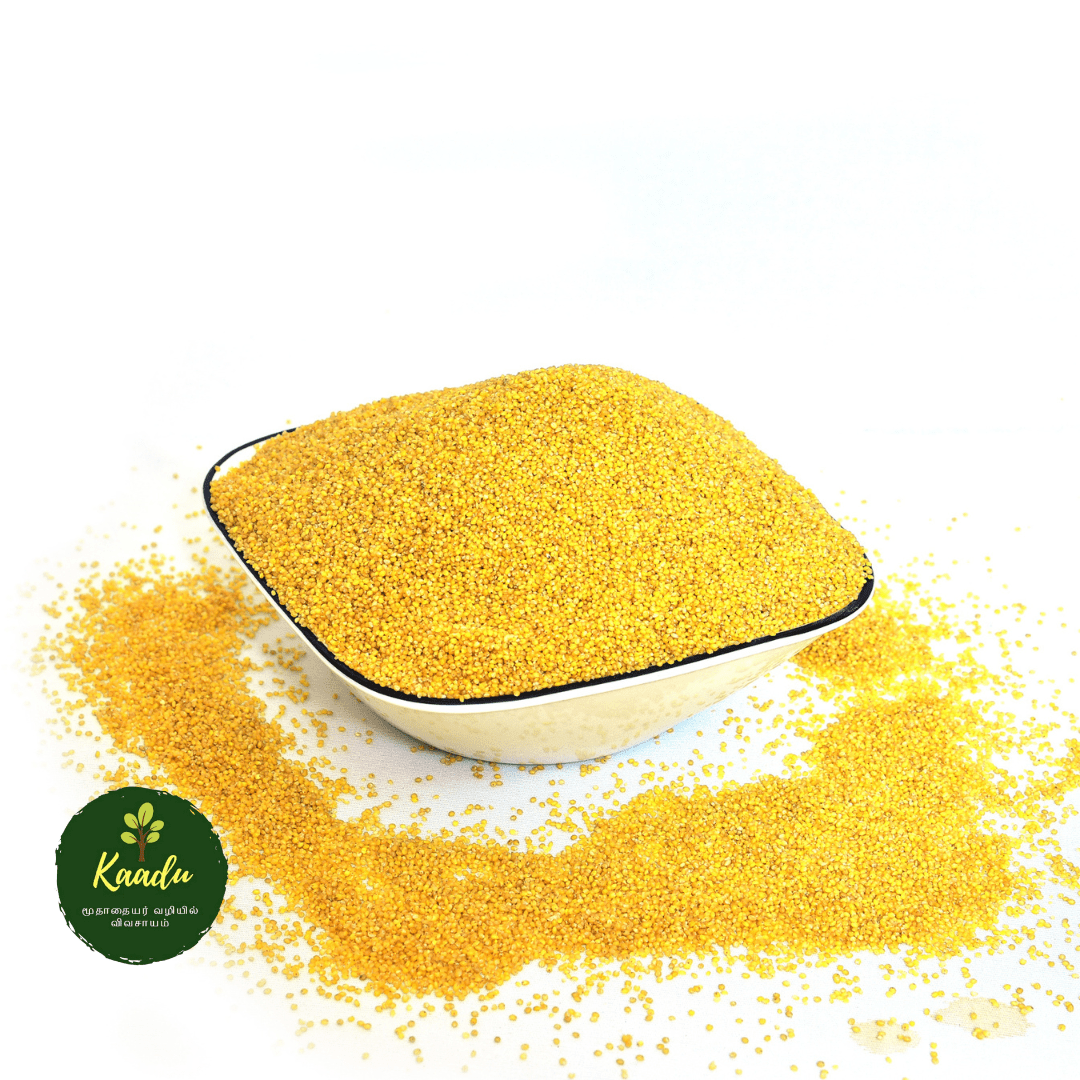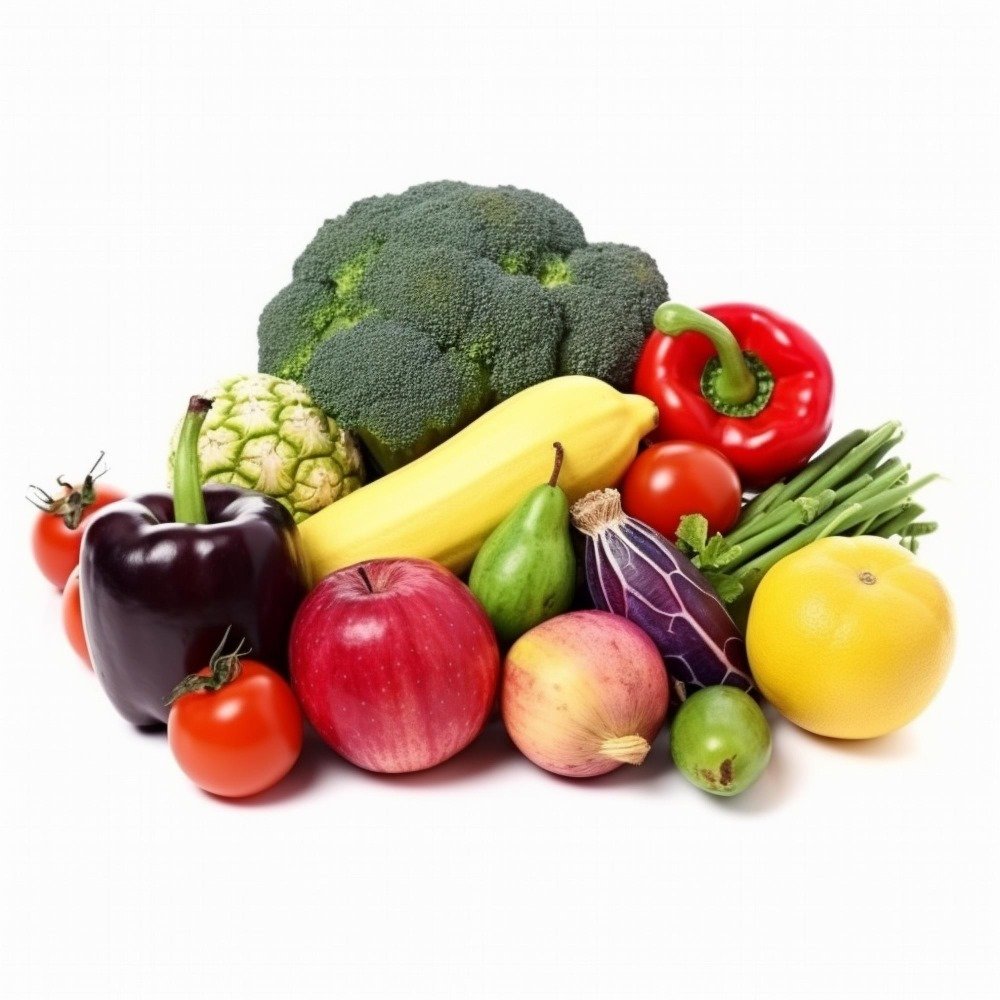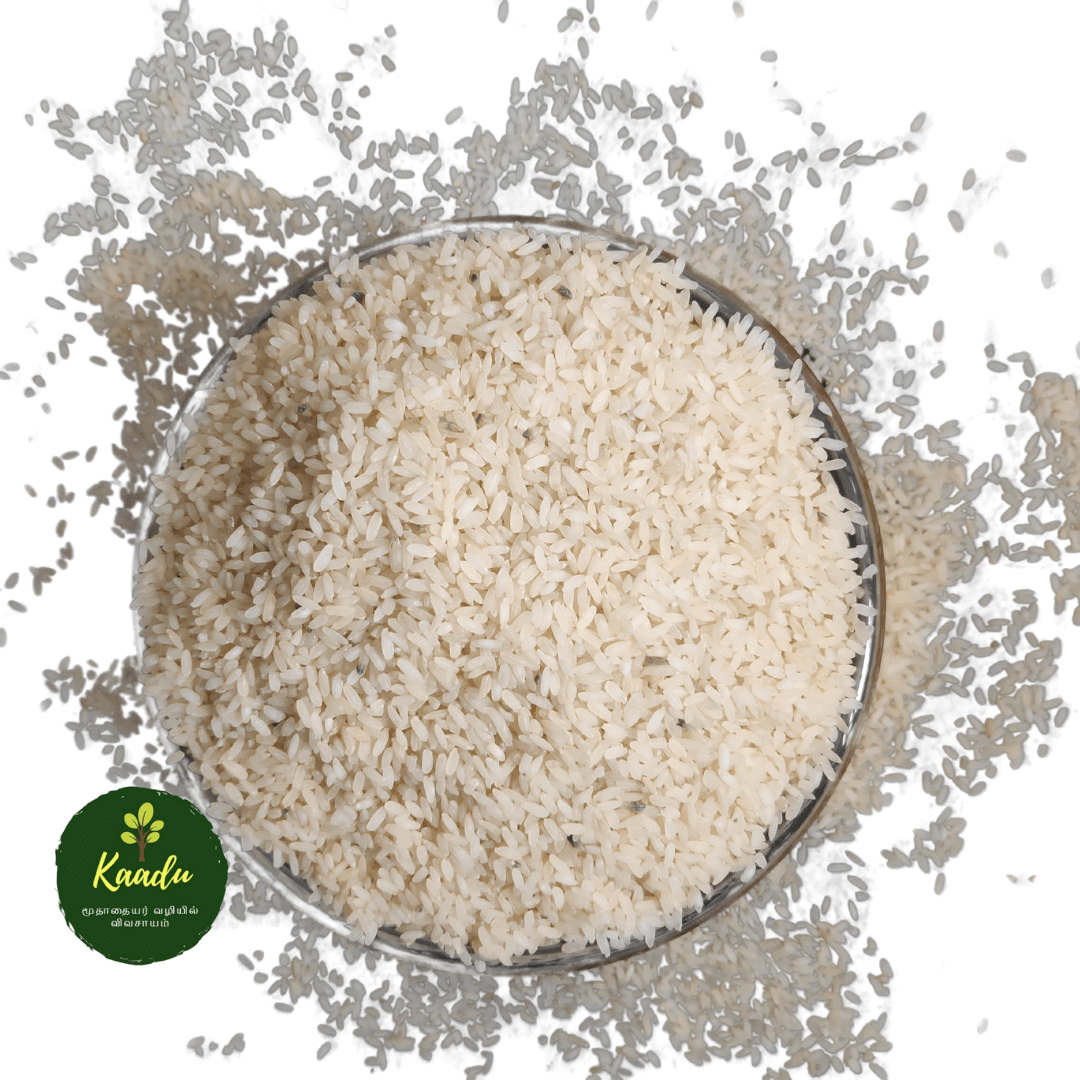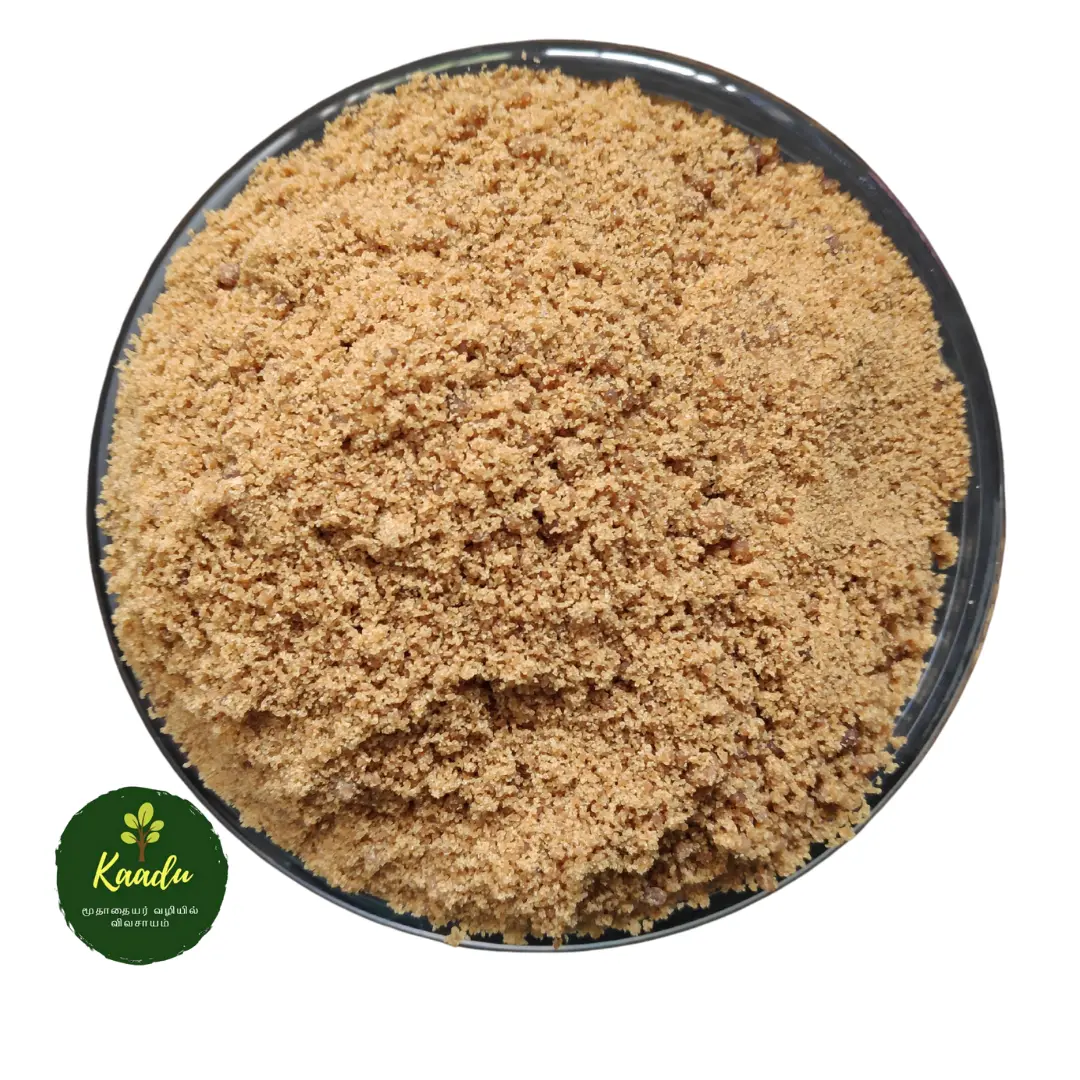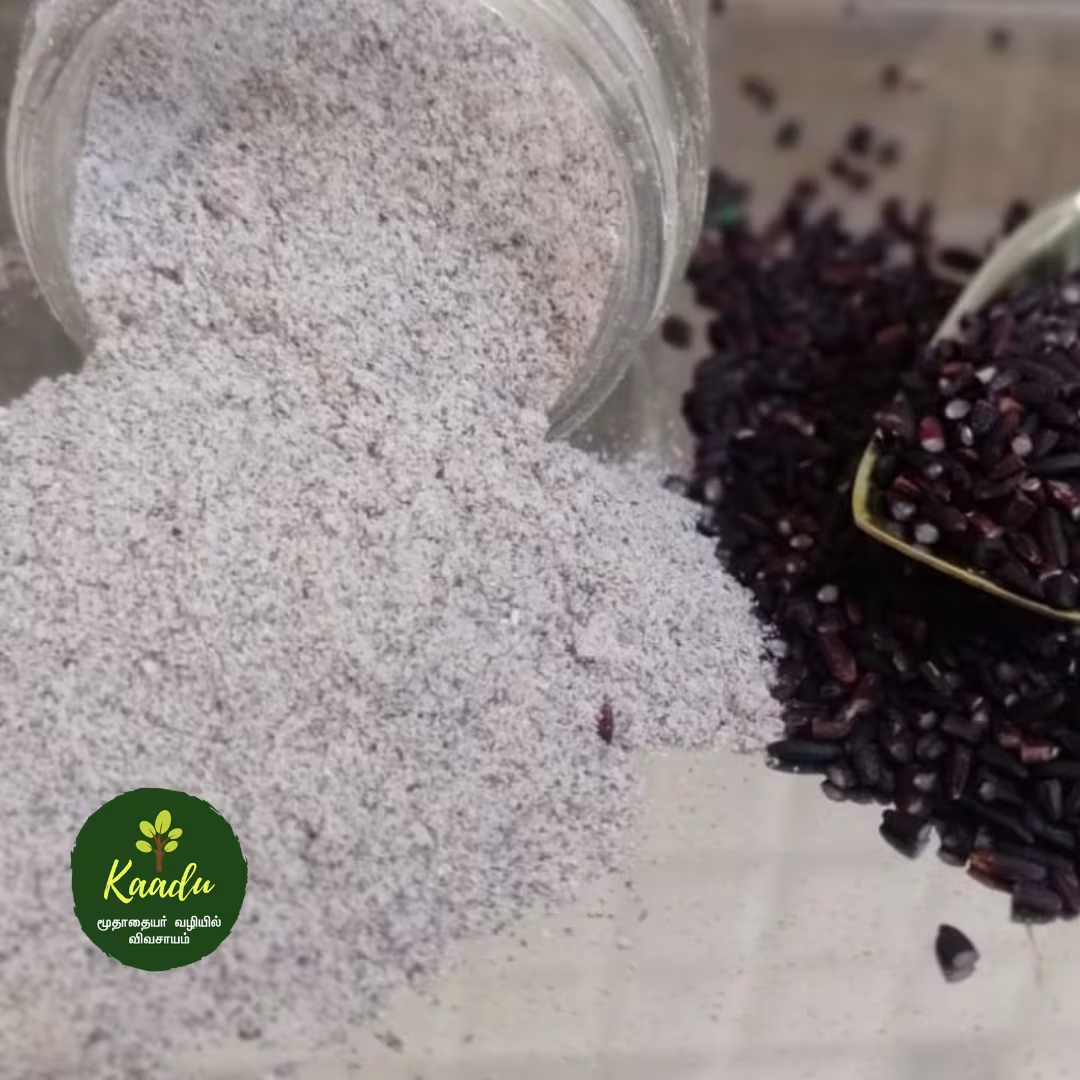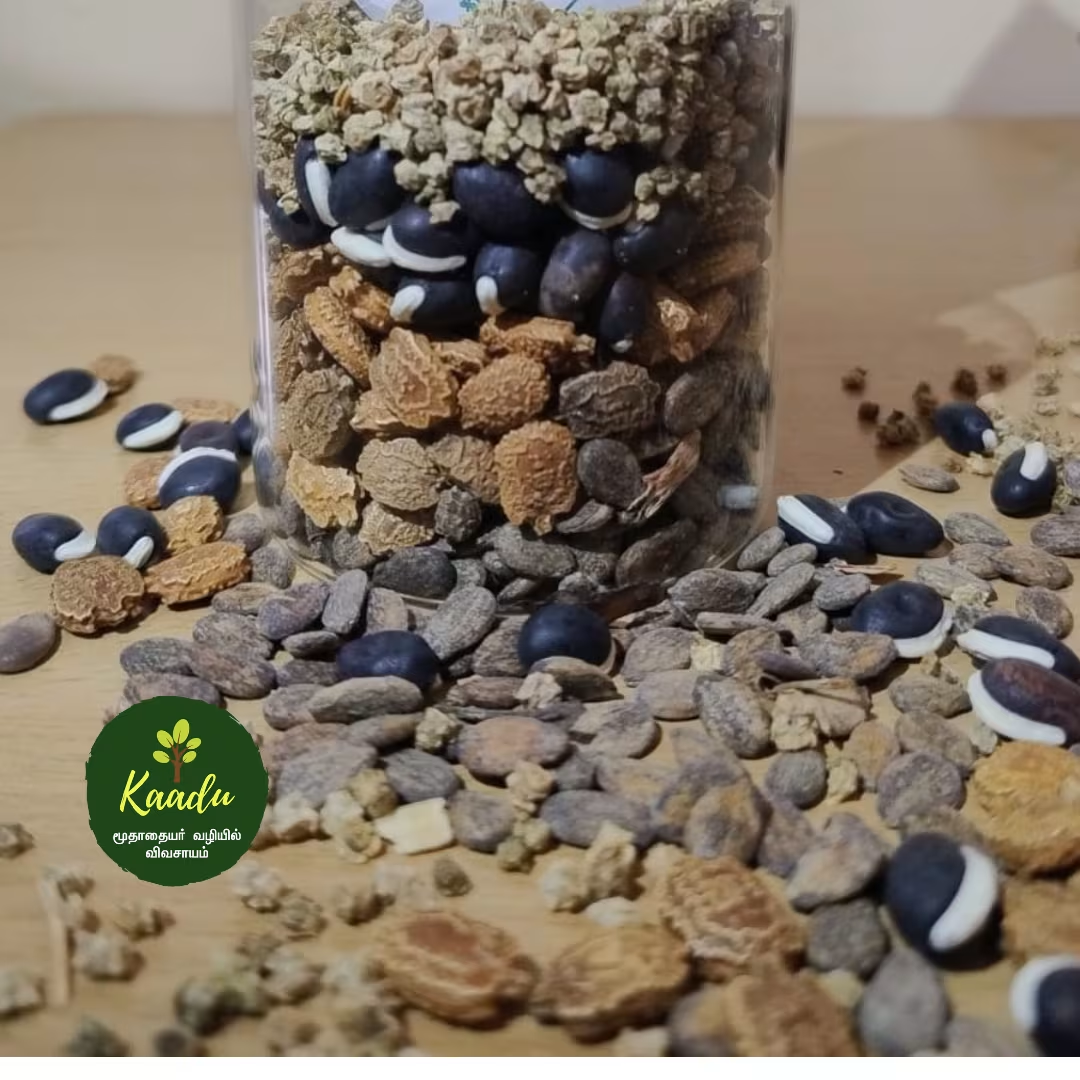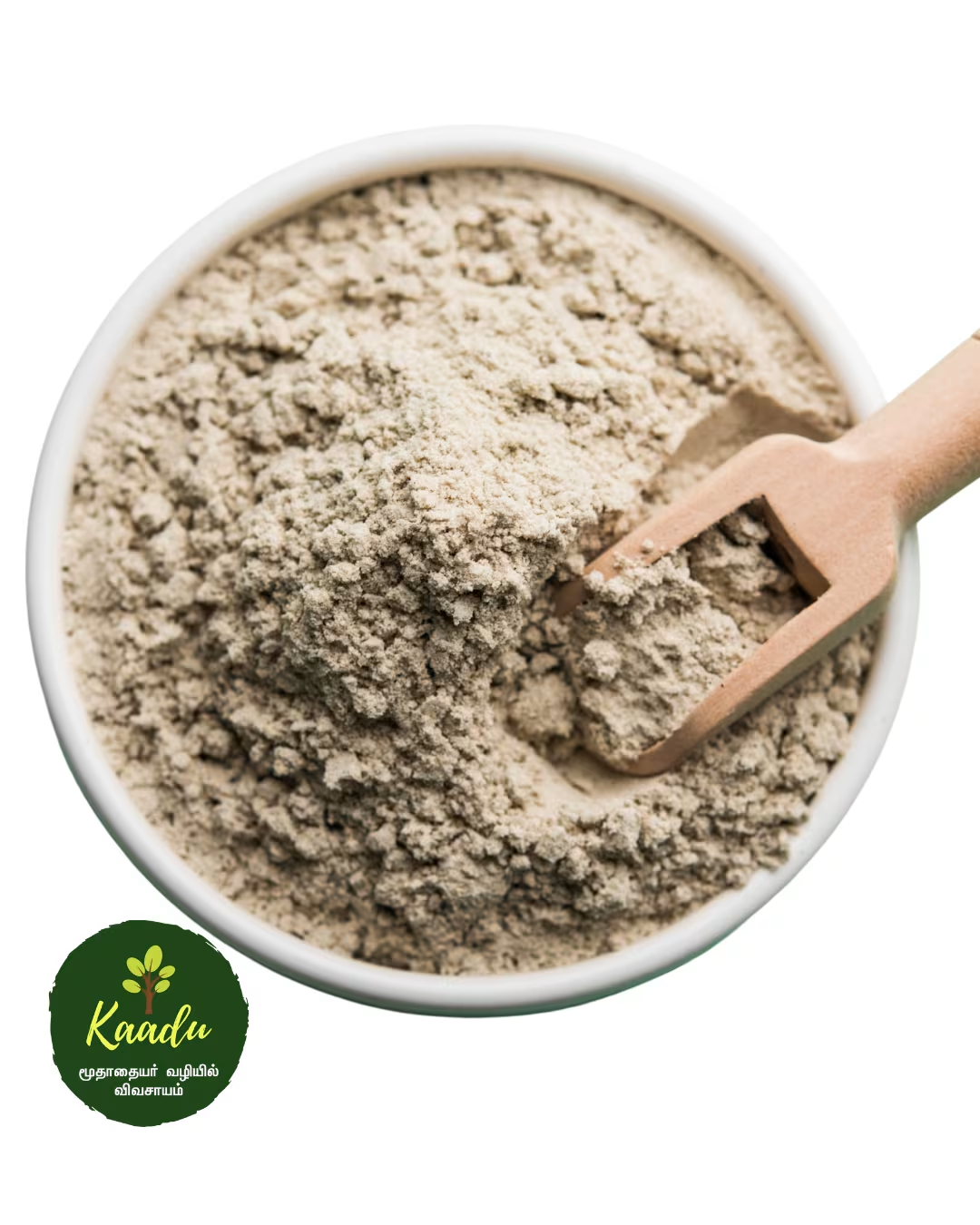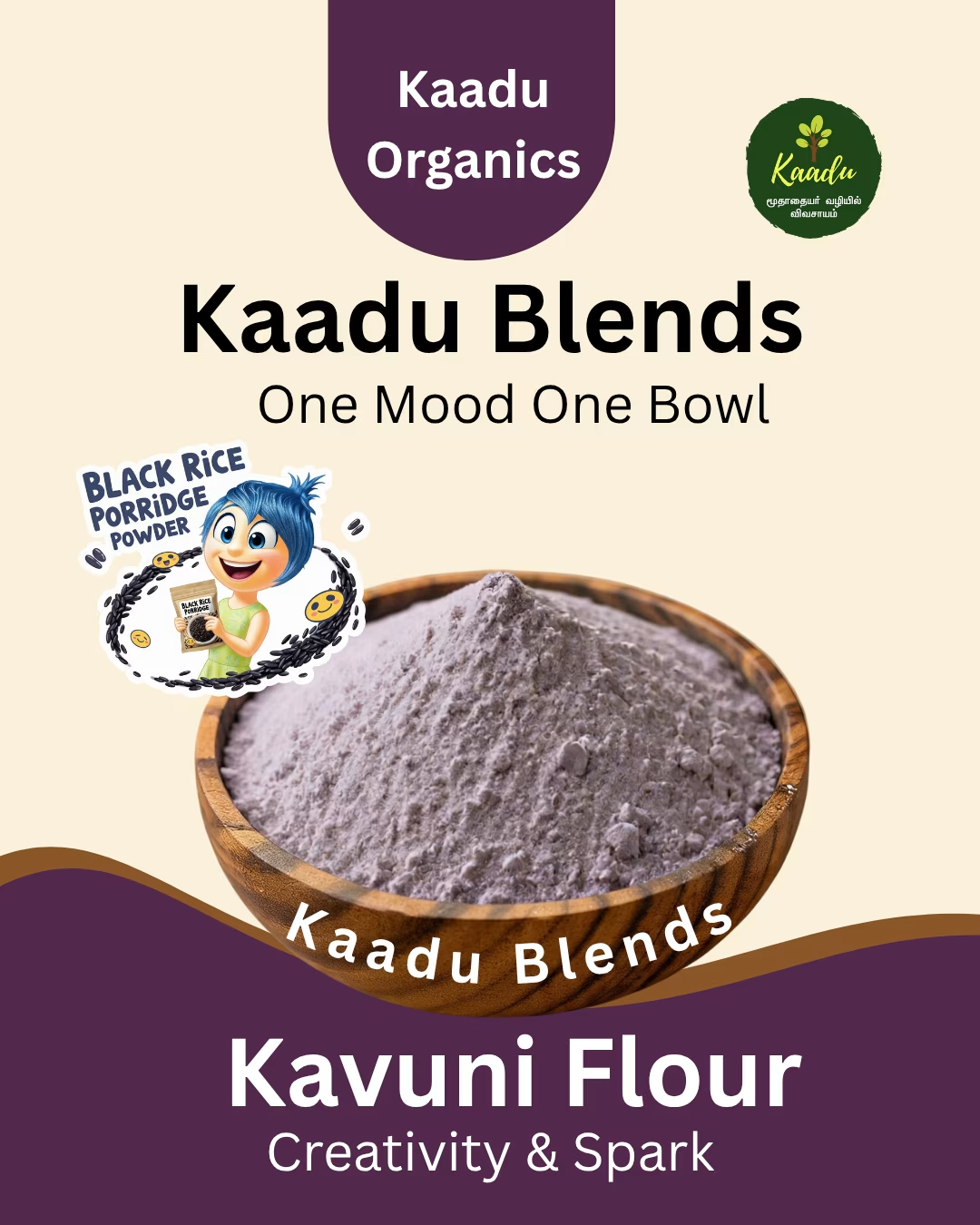Multi-crop vegetable cultivation is an effective way to maximize land usage and increase crop yield. When combined with organic fertilizers, it can also help promote sustainable and environmentally friendly farming practices. In this article, we’ll explore the benefits of multi-crop vegetable cultivation using organic fertilizers and provide some tips for success.
Benefits of multi-crop vegetable cultivation
It involves growing different types of vegetables on the same plot of land. This method has several benefits, including:
- Maximizes land usage: Growing multiple crops on the same plot of land can help maximize land usage and increase crop yield.
- Diversifies income: Growing different types of vegetables can help diversify income, as different crops may have different market values.
- Reduces pest and disease pressure: Planting a variety of crops can help reduce the risk of pests and diseases, as they are less likely to spread from one crop to another.
- Enhances soil health: Different crops have different nutrient requirements, so multi-crop vegetable cultivation can help maintain soil health and fertility by preventing nutrient depletion.
- Benefits of organic fertilizers
- Organic fertilizers are made from natural materials, such as animal manure, compost, and plant matter. They offer several benefits over synthetic fertilizers, including:
- Improves soil health: Organic fertilizers can help improve soil health by promoting the growth of beneficial microorganisms, which help break down organic matter and release nutrients.
- Provides slow-release nutrients: Organic fertilizers release nutrients slowly over time, which helps prevent nutrient leaching and runoff.
- Reduces environmental impact: Organic fertilizers are typically made from renewable resources and do not contain harmful chemicals, which helps reduce their environmental impact.
- Tips for success
To successfully implement multi-crop vegetable cultivation using organic fertilizers, consider the following tips: - Plan crop rotation: Plan a crop rotation schedule to help prevent nutrient depletion and reduce the risk of pests and diseases.
- Choose complementary crops: Choose crops that have complementary nutrient requirements and growing patterns to maximize land usage and prevent competition for resources.
- Use appropriate organic fertilizers: Choose organic fertilizers that are appropriate for the crops being grown and apply them according to recommended rates.
- Maintain soil health: Implement soil conservation practices, such as cover cropping and minimal tillage, to help maintain soil health and fertility.
Conclusion
Multi-crop vegetable cultivation using organic fertilizers is an effective way to maximize land usage, increase crop yield, and promote sustainable farming practices. By planning crop rotations, choosing complementary crops, using appropriate organic fertilizers, and maintaining soil health, farmers can successfully implement this method and enjoy its many benefits.
Watch Other Videos

